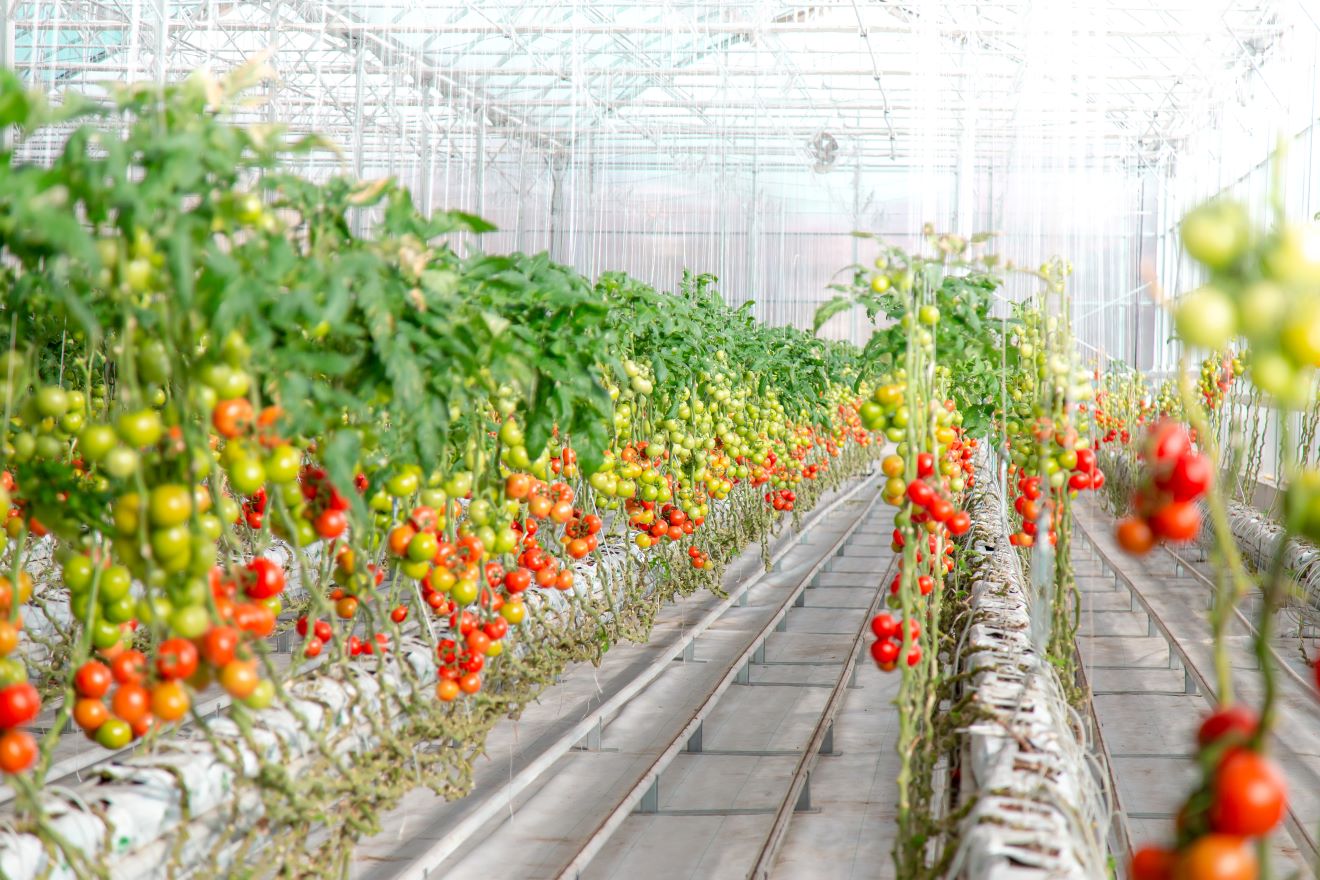“Hydroponics and aeroponics cannot be classified as certified organic growing methods.”
Issued by a coalition of six certifiers, this public statement is an unprecedented rebuke to the National Organic Program (NOP) and the latest tactic in a protracted fight to implore the USDA to stop certifying soilless production.
The Cornucopia Institute emphatically agrees — we know how much you care about human health and the ability to make food choices that support it.
The food choices backed by your dollars exist because of the complex ecological web that thrives in healthy soil. Organisms in the soil break down organic matter, producing the nutrients we need. Authentic organic farmers play a crucial role in this symbiotic relationship, feeding the soil so you can continue to feed your communities and families with an alternative to industrialized agriculture.
We believe the USDA organic seal should assure you of that investment. But it’s tough to know whether your organic produce was grown in water, or in the case of container-based operations, inert planting media.
Cornucopia champions the organic farmers and organizations that are upping their advocacy for the soil. The six certifiers leading this latest effort have previously refused to certify hydroponic operations, pointing to their lack of expertise. Now they are unequivocally declaring the incompatibility of soilless production with organic standards — a bold move considering the NOP has historically issued noncompliances to those refusing to certify hydroponics, then looked the other way once the certifier pinned their decision on “capacity” rather than legality.
The organic rules state that organic agriculture is rooted in the principle that healthy soil is essential for healthy crops, animals, people, and our environment. They repeatedly refer to soil-based production. While the NOP seems to be fine with hydroponic solutions that use natural substances (and avoid prohibited substances), organic food is premised on more than adding materials for crop fertilization or crop protection. It’s why you rely on it for the most nutrient-dense food available.
The NOP’s attempt to sideline soil is a direct threat to organic. We stand with the community of soil supporters and our community of organic advocates as we strive for integrity under the organic label.
Watch for opportunities to affirm that soil is the foundation of organic agriculture and Cornucopia’s official comment to the National Organic Standards Board. Use our guide to avoid soilless “organic” produce.
This article was originally published in the fall issue of The Cultivator, Cornucopia’s quarterly newsletter. Donate today, and we’ll mail you the spring issue, filled with stories you won’t find anywhere else.


